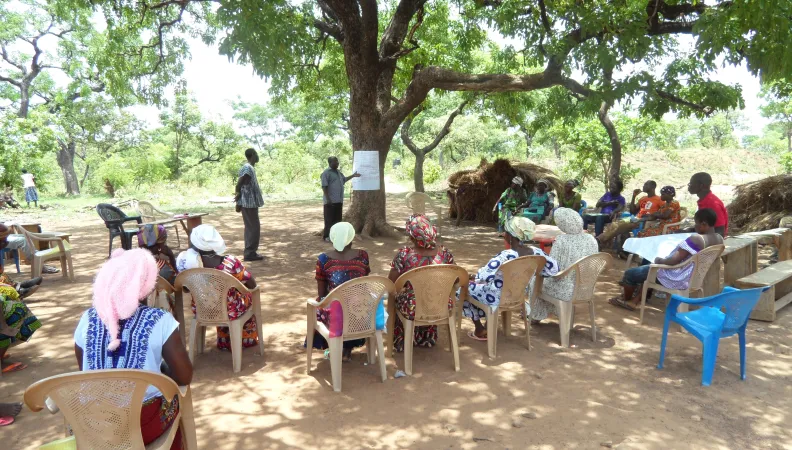Share the page
Natural forest management and sustainable fuelwood supply for Sahel cities (FONABES)
Project


-
Project start date
-
Status
Completed
-
Estimated date of project termination
-
-
Project financing date
-
-
Financing duration
-
4 ans
-
Type of program
-
FFEM
-
Global financing amount
-
3024810 €
-
FFEM financing amount
-
1500000 €
-
Project lead member institution(s)
-
AFD, Ministry for Europe and Foreign Affairs
-
Country and region
-
Burkina Faso
-
Location
-
Niamey
-
Type of financing
-
Grant
-
Partners
-
European Union (GMES)
-
Beneficiaries
-
CIRAD
-
Type of beneficiary
-
Non-financial public or parastatal company
Improving living conditions for communities, while promoting the conservation of Sahelian forest ecosystems by fostering dialogue between the various segments of the fuelwood sector in Mali, Burkina Faso and Niger.
Context
In Mali, Burkina Faso and Niger, forest degradation is a complex process where several factors interact and are exacerbated by demographic pressure and poverty. The collection of fuelwood (firewood and charcoal) to supply large cities is one of the main factors of forest and soil degradation.
In the three project countries, experiments with significant results were conducted in the late 1980s, at the local and national levels, in order to involve communities in the management of these resources for a sustainable and competitive supply of urban centers. In Niger, then Mali, “Domestic Energy Strategy” (DES) projects led to the adoption of forest reforms, which allow village organizations – associations – to exploit wood in their territories in the context of rural fuelwood markets, subject to compliance with sustainable management standards.
Despite the strategies being updated in the 2000s, the situations remain flawed in contexts of heavy constraints, marked by a continuous increase in urban demand. There continue to be other prerequisites for improving the functioning of DES, in particular good governance.
The structuring of sustainable sectors needs to be supported at various levels (loggers, coal merchants, consumers, administration, municipalities, wholesalers).
Description
The program is based on five components:
- Updating and implementation of dynamic and functional supply master plans (SMP) and their application at municipal level as municipal forest development master plans (MFDMP) for the target municipalities of the project.
- Application of the MFDMP through the implementation of simplified forest resources development plans, updated and with land tenure security being ensured.
- Concerted implementation and application of a decentralized taxation, and assessment of opportunities of integrating actions related to a sustainable fuelwood supply for urban centers into the REDD+ mechanism.
- Establishment of consultation frameworks and monitoring mechanisms, and capacity building at national level.
- Exchanges between the 3 countries and dissemination in the other Sahelian countries.
Impacts
- At the economic level: the project promotes economic development at the local and national level, by improving the performance of marketing channels for forest products for the benefit of communities who make their livelihoods from them.
- At the environmental level: the project contributes to preserving the global environment through forest management and the reduction of greenhouse gas emissions.
- Strengthening of the legal and institutional framework which governs practices for the management of resources, supervision and control, and the distribution of income between stakeholders.


